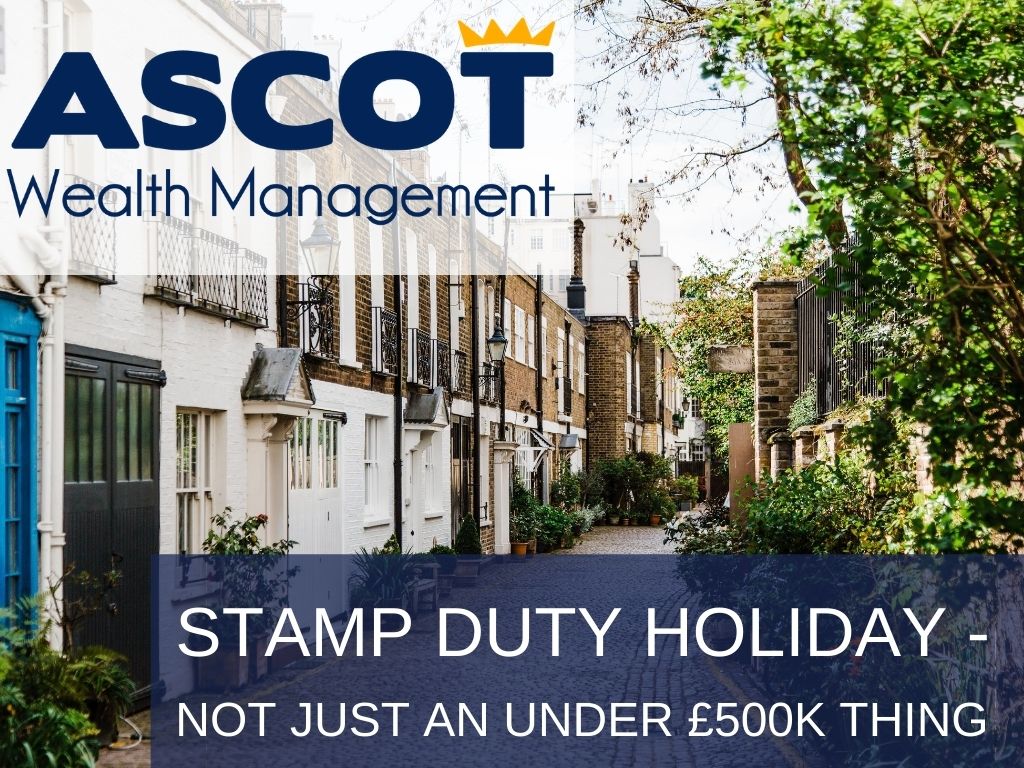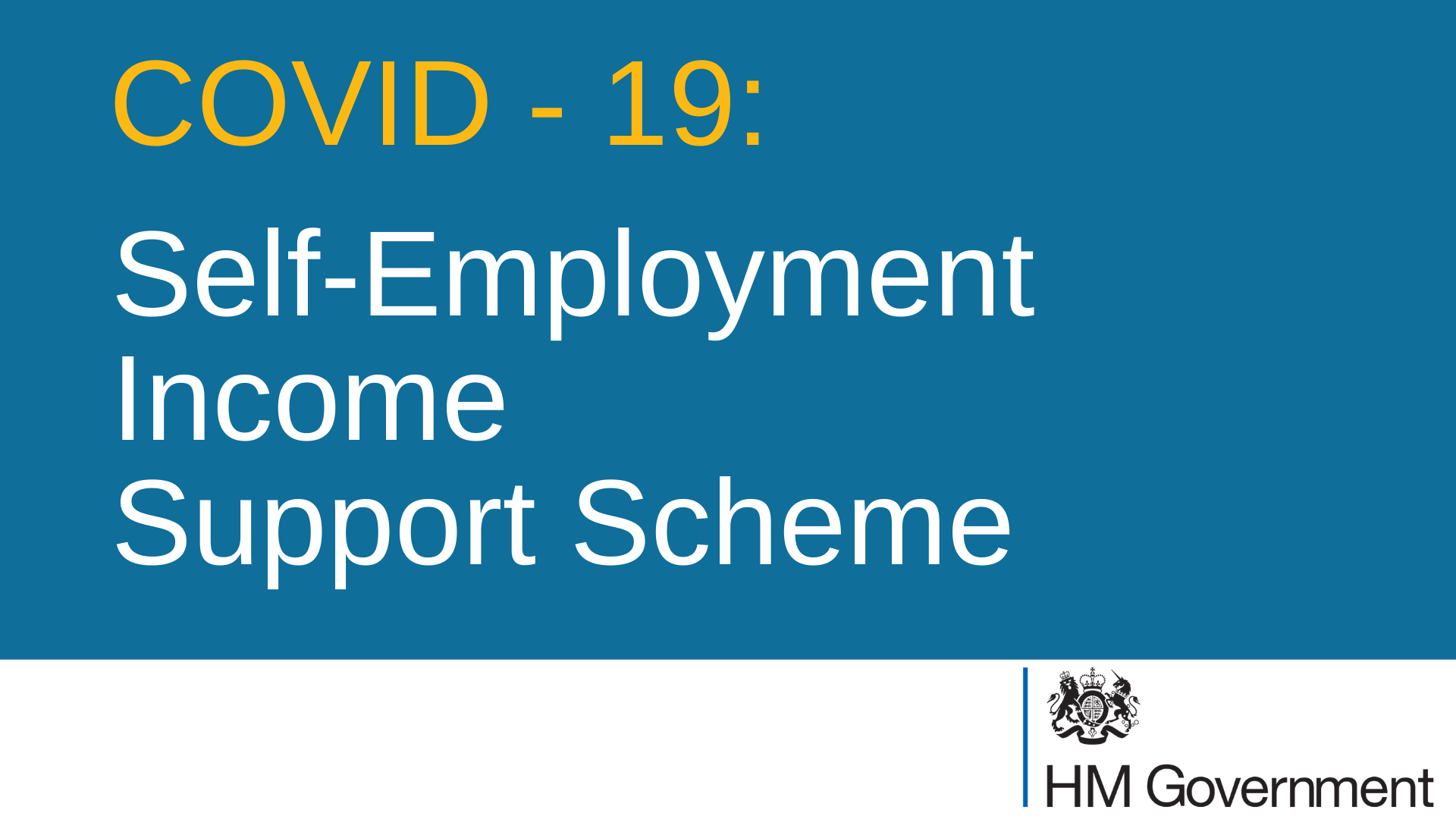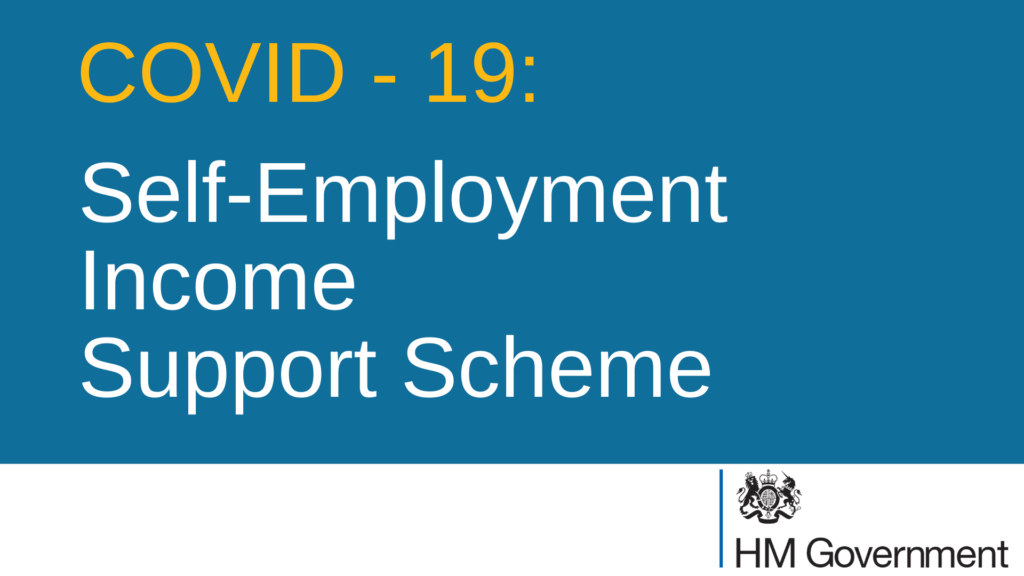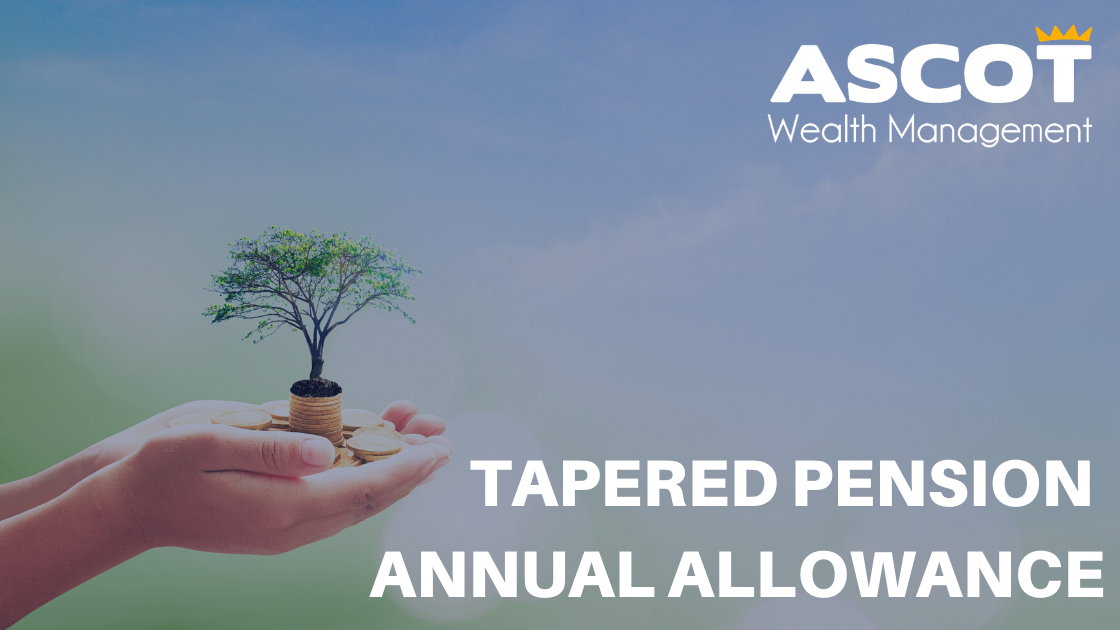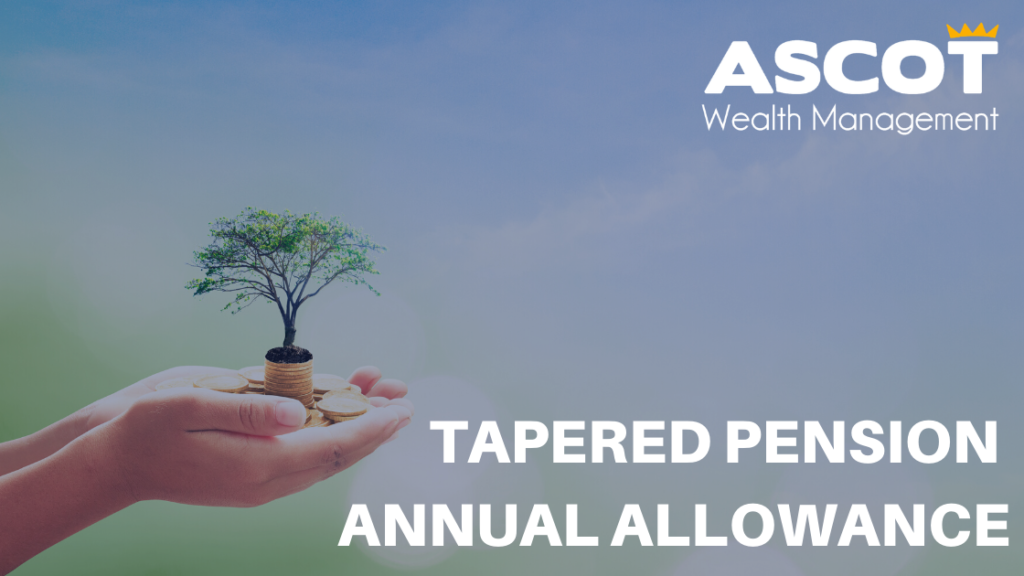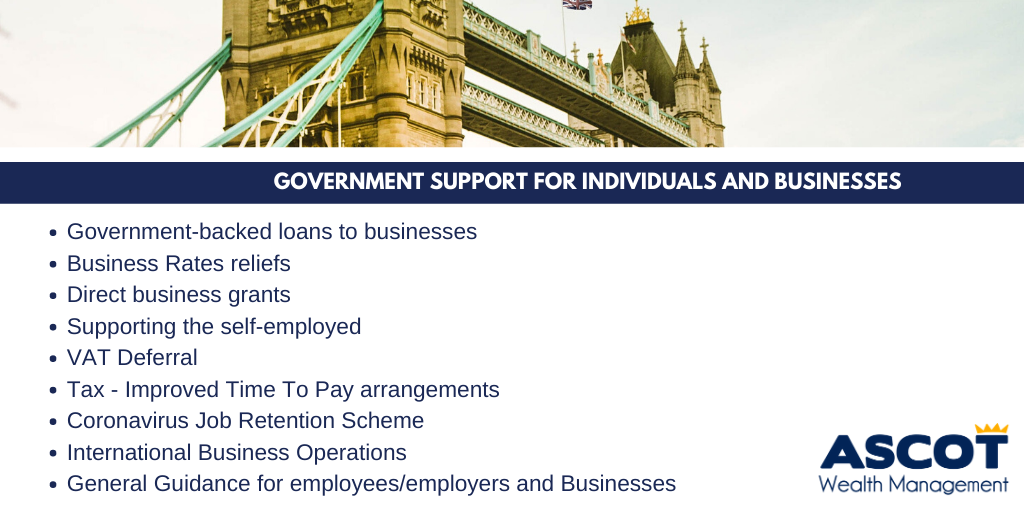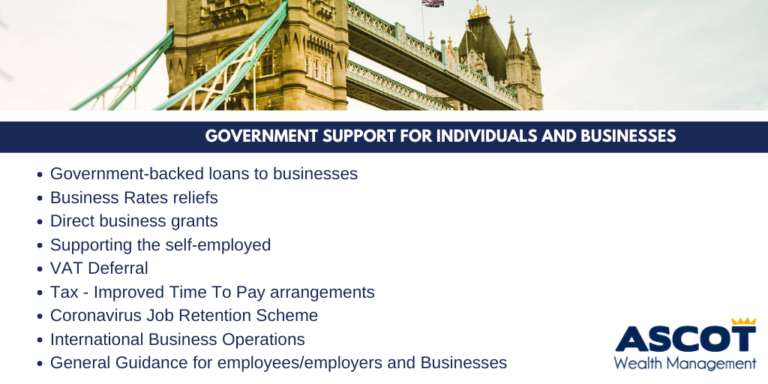- 01344 851250
Facebook
Twitter
Instagram
Linkedin
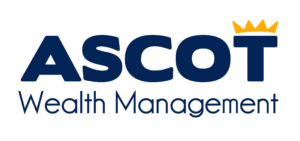
Predictable income in an uncertain world

Savers and Investors are currently facing double headwinds. With inflation running at a 30 year high, deposit accounts are a complete non-starter if looking for real returns after inflation. However, current market volatility may make some investors nervous about investing in the financial markets at the current time. So, is there a way to generate real returns in the current climate with relative security? The simple answer, is yes. Asset backed lending.
What is Asset Backed Lending?
The concept of asset backed lending is simple. Traditional lending involves you depositing capital at a bank, the bank finding opportunities that earn THEM money and then lending it out to them. Ascot Wealth Management are able to advise on opportunities where you lend directly to the lender, cutting out the bank and generating you far greater potential returns than is possible from bank bonds. What makes these particularly great for a large variety of clients, is the degree of asset backing. We have loans that clients currently hold that earn 9.52% per annum and the amount lent is equal to 50% of the security backing the loan (Loan to Value, LTV). In basic terms, this would mean that the value of the underlying security (often property) to halve before capital is at risk.
Who Will Benefit?
Lending principally appeals to 3 main client types; those in or near retirement, Higher Net Worth (HNW) clients & clients with Inheritance Tax (IHT) considerations. Retirement age clients particularly value the contracted interest payments while retaining the capital value of their portfolios, unlike annuities & defined benefit pensions. HNW clients benefit from the diversification of their portfolio beyond traditional, more volatile asset classes. Finally, those concerned about taxation at later life may be able to benefit from removal of IHT concerns through possible lending through a Business Relief (BR) qualifying entity.
What Are My Options?
At Ascot Wealth Management, we advise asset backed lending via 3 methods.
1 – We work via our sourcing partners to discover lending opportunities, backed by either property and/or a charge on business assets, which pass our lending criteria.
The opportunities then pass through our due diligence process, which typically involves analysis of the valuation report(s), report on title, analysis of borrower accounts, site visits and comparison with similar assets in order to check the validity of provided analysis.
If we are then happy to recommend the opportunity, we recommend each one individually to you, whereby we outline:
- The total loan amount
- Interest Rate offered
- Loan Term
- Value of the asset backing
- Reason for lending
- Exit Plan
2 – If the first option feels too administration intense, Ascot Wealth Management are able to offer a discretionary management service whereby we allocate your capital in to loans that have passed our due diligence processes.
The loans that we allocate your capital in to are the same as those advised in option one, we just remove the need to respond quickly to first-come-first-served opportunities so that we ensure that you are allocated to these opportunities.
3 – We manage a client-owned limited company that is dedicated to lending to asset backed opportunities and Small & Medium Businesses. This company is able the operate across many more sources simultaneously; this reduces the time spent in between lending opportunities whereby returned capital is spent idle. Furthermore, all of the administration is handled by the company management, thereby minimising your administrative burden. Through the dedicated management of this approach, last year the portfolio generated a return of over 7%.
Summary
In summary, no matter what your situation, Ascot Wealth Management could have a solution for your needs that can involve asset backed lending and help you reduce or eliminate the headwinds of inflation and market volatility.
Contact us today to see how we can help your needs.
Written by: Sam Hallet
25 February 2022
Please note that these types of products are not suitable for all clients and that this should not be taken as personal advice. All investments can go up and down in value and therefore you could get back less than you invest. Past performance is not a guide to the future.
Contact Us
Facebook
Twitter
Instagram
Linkedin

Ascot Wealth Management Limited is authorised and regulated by the Financial Conduct Authority reference 551744. Our registered office: Scotch Corner, London Road, Sunningdale, Ascot, Berkshire, SL5 0ER. Registered in England No. 7428363. www.old.ascotwm.com Unless otherwise stated, the information in this document was valid on 3rd February 2017. Not all the services and investments described are regulated by the Financial Conduct Authority (FCA). Tax, trust and company administration services are not authorised and regulated by the Financial Conduct Authority. The services described may not be suitable for all and you should seek appropriate advice. This document is not intended as an offer or solicitation for the purpose or sale of any financial instrument by Ascot Wealth Management Limited. The information and opinions expressed herein are considered valid at publication, but are subject to change without notice and their accuracy and completeness cannot be guaranteed. No part of this document may be reproduced in any manner without prior permission. © 2017 Ascot Wealth Management Ltd. Please note: This website uses cookies. To continue to use this website, you are giving consent to cookies being used.




